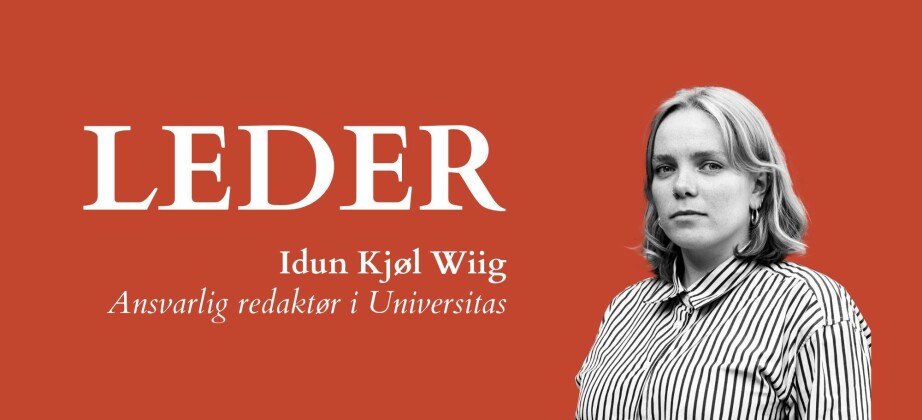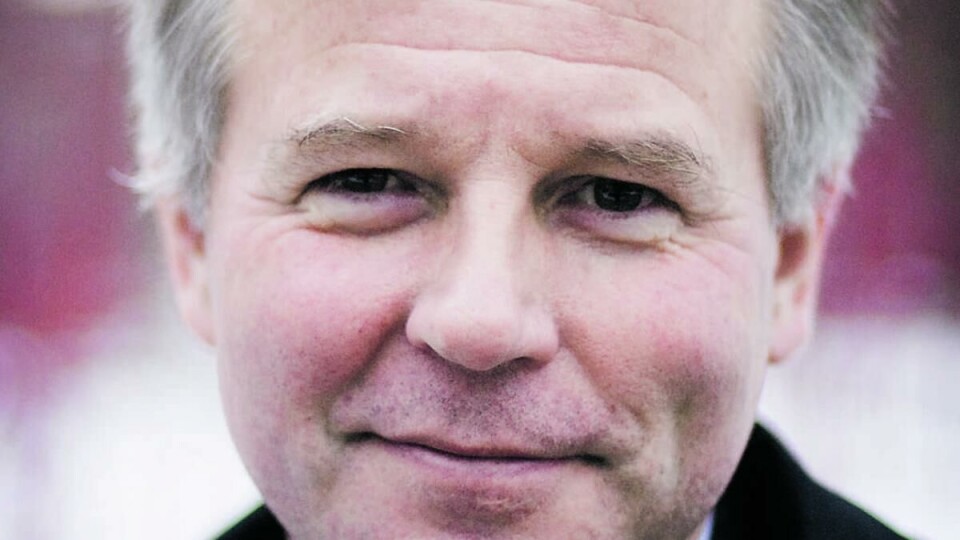
The elite goes abroad
According to estimations done by the Ministry of Education and Research, the number of applications to higher education can reach 80 000 during the next four years. -There will be radical readjustments, says Ole Petter Ottersen, President at the University of Oslo. The Ministry of Education and Research claims to be in control of the approaching student boom.
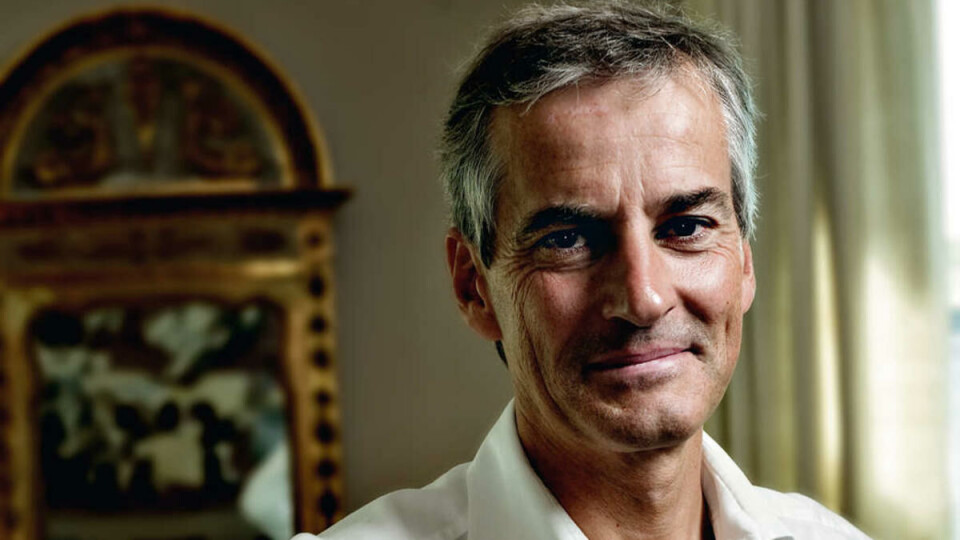
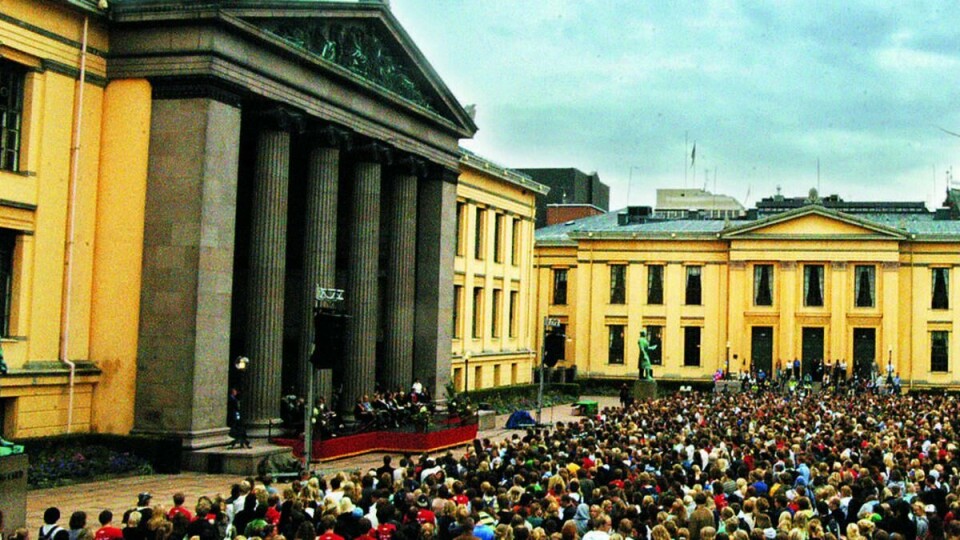
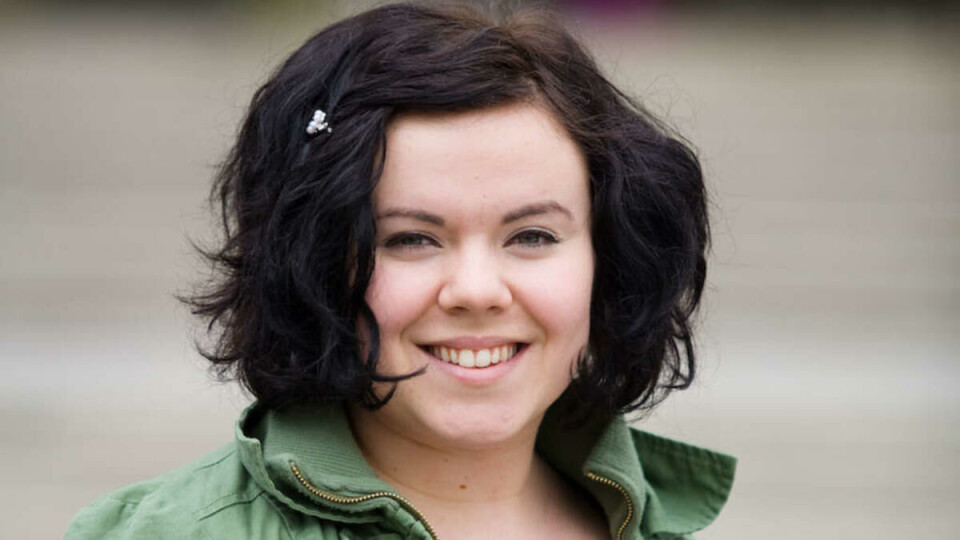
The number or young people in Norway is increasing, more and more people see the advantage in getting a higher education, the financial crisis leads to more students and many people need re-education.
A report to the Storting that the government presented this summer shows that the result of these situations can be an increase in the number of students from today’s number of 230 000 to 310 000 in 2013. If the number of school places is not increased, this will lead to a decrease in the number of 22-year olds in higher education. Today’s level is 36 per cent, and the level in 2020 would be 29 per cent.
Capacity problems for the university
President at the University of Oslo Ole Petter Ottersen thinks that there are big challenges for today’s educational institutions. In his election campaign he claimed that quality must come before quantity, and that if necessary, he would rather have fewer students than unsatisfactory teaching.
– We have to behave in a manner of solidarity with our students, and we cannot accept more students than what we have the capacity for. There will be a radical readjustment, and the government will have to make a binding escalation plan. I wonder how the Ministry of Education and research is preparing for this, says Ottersen.
Kyrre Lekve, political advisor in the Ministry for Higher Education and Research, answers that they are indeed working on the case, and that cabinet minister Tora Aasland has said that this case is being highly prioritized in the time coming.
Principle of free education in danger
Odd Einar Dørum in The Liberal Party of Norway is concerned about whether the grants to the universities are increasing fast enough.
– We have to go in for this. If we are to take the future seriously, we need to focus on research and higher education, says Dørum.
Ina Tandberg, President in the Norwegian Association of Students, fears that actors in the private sector will take over the education market if public institutions don’t have enough capacity.
– The educational institutions cannot accept new students without increased grants. It might be harder to get admitted at the universities and university colleges, and the private actors can come to take over the public authorities’ responsibilities. They require tuition, and with that the principle of free education will be gone, says Tandberg.
Kyrre Lekve is less concerned, and claims that the government will make sure there are enough public school places for those who need it.
– The Socialist Left Party of Norway is categorically against tuition, and there will be enough public school places. At the same time, private actors can be a good supplement to the public actors. BI Norwegian School of Management is a good example of just that, claims Lekve.
The elite goes abroad
Another possible scenario is that moneyed students choose an education abroad while Norwegian educational institutions lag behind. A larger number of students mean that the content and the name of the institution become more important.
– This is a well-known phenomenon. When a larger number of people educate themselves on a higher level, the specific education becomes more important, says sociologist Marianne Nordli Hansen.
Even today, coincidences do not decide who gets to study at good universities abroad.
– The level of education plus the income of your parents influence the likeliness of studying at a university abroad, says Kari Steensrup, who has written her master’s degree on the recruiting to studies abroad.
She points out that parents influence the choice of educational institution.
– If you have well-educated parents, you might have a better access to information about the education system. One might discover that studying in another country is profitable.
Minister of foreign affairs with education from abroad
One of those who chose to get his education abroad is the Norwegian Minister of Foreign Affairs, Jonas Gahr Støre. He educated himself by the highly regarded Institut d'études politiques de Paris in France.
– Do you think you had been where you are today with an education from Blindern?
– I hope so, but who knows where life would have taken you had you taken a different way? Looking back, I’m struck by how the coincidences ruled, says Støre, even though statistics show that coincidences rarely rule when it comes to the matter of who goes to elite institutions abroad.
Støre thinks it is problematic that class differences are segmented through education.
– In Norway we have worked for the fact that it is not your wallet that decides whether you get a higher education or not. But families will always treat their children differently when it comes to both subject and economy.
Norwegian elite university?
What with more students in Norway and expensive studies abroad, the discussion about an elite university is brought up to date. The discussion in Norway has so far resulted in a mixed solution: Breadth universities with centers for excellent research.
President Ottersen cannot picture a future elite University of Oslo.
– The University of Oslo will never be an elite university. But if we can’t increase the capacity in the future, we might have to raise the average grade students need to have to be accepted here, says Ottersen.
Minister of Foreing Affairs Støre is against the term of elite within the education field, but thinks it is important to have good universities that can assert themselves internationally.
– If I am to use the term elite university, I mean a good university that gives its students the opportunity to find the best within themselves, not a university that claims that the ten-fifteen best students in the country or the world are students there. Universities that assert themselves internationally are important, universities that make you proud of studying there, says Støre.
He thinks it is positive if Norwegian educational institutions now have to fight for the best students on the international market.
– This gives Norwegian universities something to reach for. Realistically, the educational field in Norway can’t compete with all the universities in the world.
– Takes the challenges seriously
– We are aware of the challenges, and we will handle them consecutively, says Kyrre Lekve, political advisor for cabinet minister Tora Aasland in the Ministry of Education and Research. He claims that the government is working to create more school places.
– In the revised national budget, the government arranged for 3800 new school places in 2009.
– Isn´t it Utopian, though, to imagine 80 000 new school places?
– We want to solve the problems, which we showed through the revised national budget. And we will keep showing it in the future, answers Lekve.
According to calculations done by the Ministry of Education and Research, the increase of 80 000 school places is to be read as a maximum number for applications to higher education I 2013.
– We presented those statistics in the report, but we shouldn’t cross the bridge before we come to it, says Lekve.
Ragnar Trøite • Ketil Blom (foto) • Translated by Ingrid F. Brubaker




























